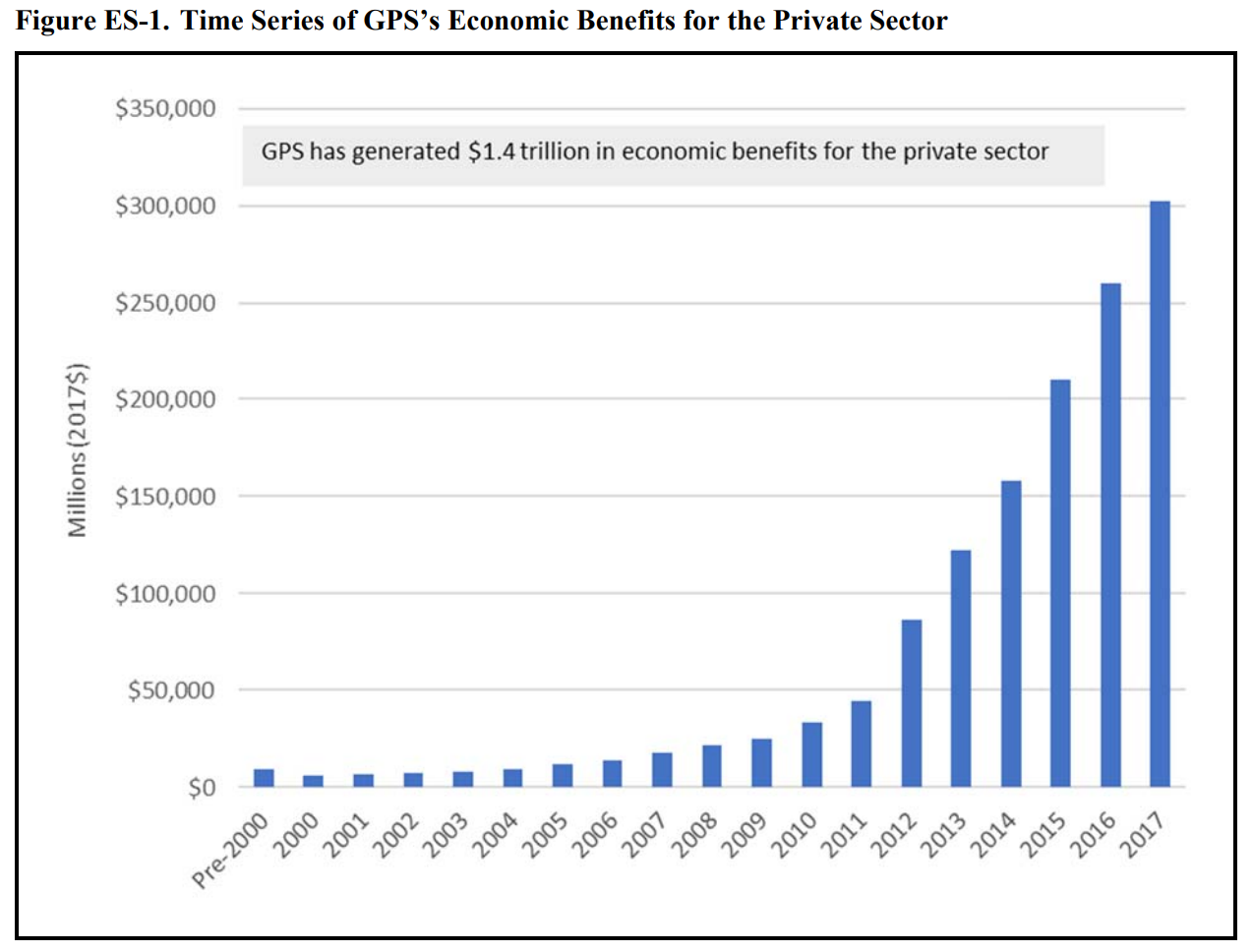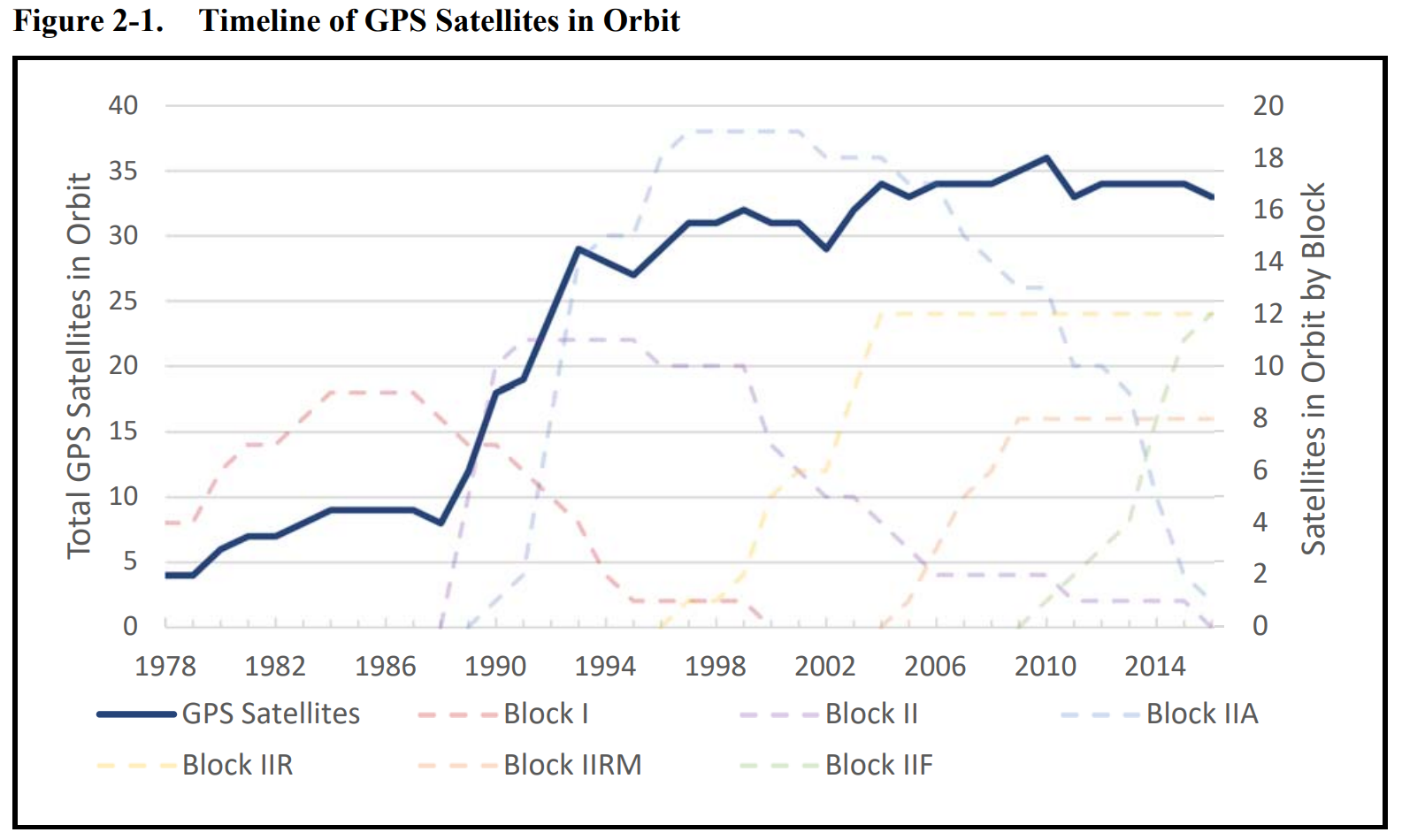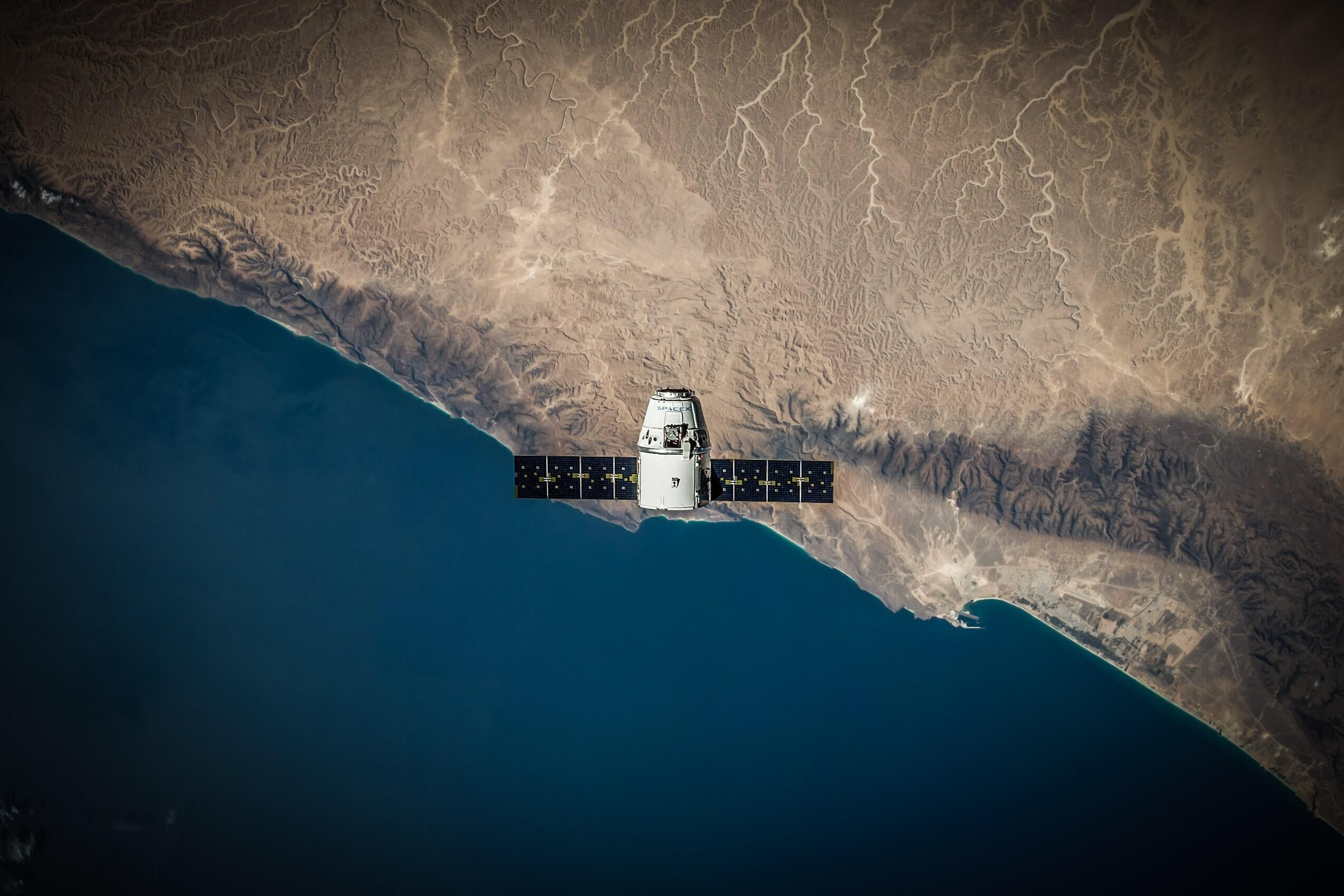The big picture: It shouldn't surprise anyone to know just how dependent on technology the American economy is, but what you should be thinking about is how poorly these systems are protected. Last April, a basic mistake nearly crashed old GPS systems as their 20-year timers reset themselves, providing a chilling reminder of the Y2K bug. Severe space weather or hackers could also take out the entire GPS network pretty quickly - but what are the consequences?
A state-sponsored study into the use of GPS in the US can answer that question. In the first day, not much would happen. The second day, cellular networks start falling out of sync and shipping, mining, and agriculture industries grind to a halt. By the third day, most networks are down and the problem is inescapable, causing losses of almost $1 billion. Each day more networks fail, communications are severed, navigation errors delay more shipments and more money goes down the drain. Over the course of a typical month, damages would be in the ballpark of $1 billion per day, or up to $1.5 billion during key months in agriculture.
Since 1984, when the GPS network was opened up to commercial use, its value in the US economy has increased exponentially. While GPS technology has generated (very) roughly $1,354 billion from 1984 to 2017, over $300 billion was created in 2017. Approximately 90% of its value has appeared since 2010.

The largest user has been telecommunications, which employed the GPS network to "improve reliability and bandwidth utilization" to make $685,990 million. Next was telematics, which is everyone that uses GPS to increase efficiency and save money in otherwise unrelated areas, which made $325,182 million. Third was you and I, who've made companies like Google $215,702 million by using GPS in our smartphones and devices.

The ubiquity of GPS technology, and its foreign competitors is not to be understated. While only some industries rely on it heavily, such as telecommunications which require it to sync and control their networks, it has replaced almost every other positioning and timing technology due to its convenience. Even the maritime industry, which could use other technologies just fine, is now completely dependent. Let's just hope that the unthinkable doesn't happen, and the GPS network stays switched on and without fault.
